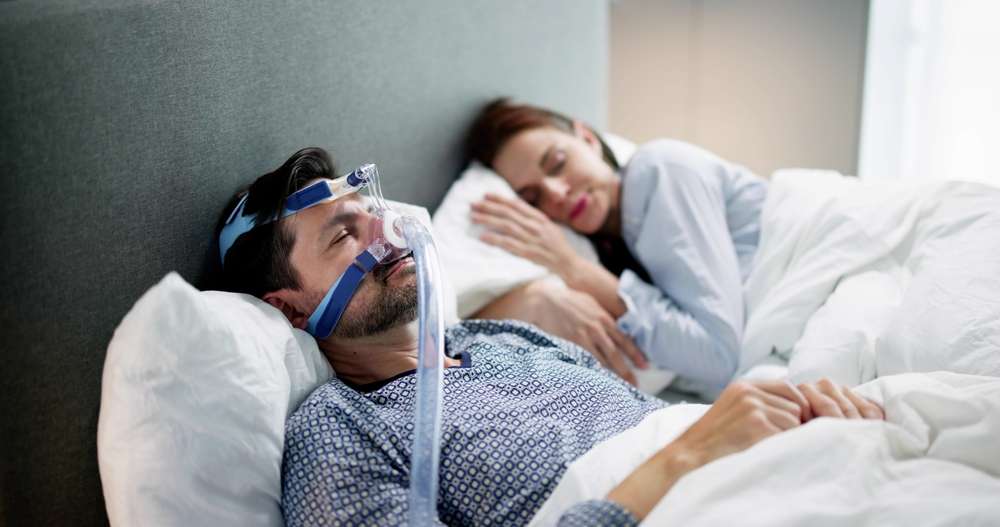Exploring Effective Sleep Disorder Treatment Options
Sleep disorders can significantly impact one's quality of life, affecting daily functioning, mood, and overall health. This article explores various effective treatment options for sleep disorders, helping you discover solutions to improve your sleep quality and overall well-being.

What are common types of sleep disorders?
Sleep disorders encompass a wide range of conditions that affect the quality, timing, and duration of sleep. Some of the most prevalent sleep disorders include:
-
Insomnia: Difficulty falling asleep or staying asleep
-
Sleep apnea: Interruptions in breathing during sleep
-
Narcolepsy: Excessive daytime sleepiness and sudden sleep attacks
-
Restless leg syndrome: Uncomfortable sensations in the legs, causing an urge to move
-
Circadian rhythm disorders: Disruptions in the body’s natural sleep-wake cycle
Understanding the specific type of sleep disorder is crucial for determining the most effective treatment approach.
How can lifestyle changes improve sleep quality?
Implementing certain lifestyle modifications can significantly enhance sleep quality and help manage various sleep disorders. Some effective strategies include:
-
Establishing a consistent sleep schedule
-
Creating a relaxing bedtime routine
-
Optimizing the sleep environment (dark, quiet, cool)
-
Limiting caffeine and alcohol consumption, especially in the evening
-
Engaging in regular physical exercise (but not too close to bedtime)
-
Managing stress through relaxation techniques like meditation or deep breathing
These lifestyle changes can often provide substantial improvements in sleep quality and may be sufficient for managing milder sleep disorders.
What are the most effective medical treatments for sleep disorders?
For more severe or persistent sleep disorders, medical interventions may be necessary. Some of the most effective medical treatments include:
-
Cognitive Behavioral Therapy for Insomnia (CBT-I): A structured program that helps identify and replace thoughts and behaviors that cause or worsen sleep problems.
-
Continuous Positive Airway Pressure (CPAP): A device that delivers a steady stream of air to keep the airways open, primarily used for sleep apnea.
-
Medication: Various prescription medications can help with specific sleep disorders, such as insomnia, narcolepsy, or restless leg syndrome.
-
Light therapy: Used to treat circadian rhythm disorders by exposing patients to specific wavelengths of light at strategic times.
-
Melatonin supplements: Can be helpful for some circadian rhythm disorders and jet lag.
The most appropriate treatment will depend on the specific sleep disorder and its severity, often requiring consultation with a sleep specialist.
How can natural remedies complement sleep disorder treatments?
While medical treatments are often necessary, natural remedies can complement traditional approaches and may provide additional benefits for sleep quality. Some popular natural remedies include:
-
Herbal teas: Chamomile, valerian root, and passionflower teas are known for their calming properties.
-
Essential oils: Lavender, bergamot, and sandalwood aromatherapy may promote relaxation and better sleep.
-
Magnesium supplements: This mineral plays a role in regulating sleep and may help improve sleep quality.
-
Acupuncture: Some studies suggest acupuncture may be beneficial for insomnia and other sleep disorders.
-
Yoga and tai chi: These practices combine physical movement with relaxation techniques, potentially improving sleep quality.
It’s important to note that while these natural remedies can be helpful, they should not replace prescribed medical treatments without consulting a healthcare professional.
What role does technology play in sleep disorder treatment?
Advancements in technology have introduced new tools and methods for diagnosing and treating sleep disorders. Some innovative approaches include:
-
Sleep tracking apps and wearables: These devices can monitor sleep patterns and provide insights into sleep quality.
-
Smart beds and mattresses: Designed to adjust firmness, temperature, and position for optimal comfort and sleep quality.
-
Blue light filtering apps and glasses: Help reduce exposure to sleep-disrupting blue light from electronic devices.
-
White noise machines and apps: Generate soothing sounds to mask disruptive noises and promote better sleep.
-
Light therapy devices: Portable units that simulate natural light to help regulate circadian rhythms.
While these technological solutions can be helpful, it’s essential to use them in conjunction with professional medical advice and not as a substitute for proper diagnosis and treatment.
What are the most recommended sleep disorder treatments by specialists?
Sleep specialists often recommend a combination of approaches tailored to each individual’s specific sleep disorder and needs. Here’s a comparison of some widely recommended treatments:
| Treatment | Best For | Key Benefits | Estimated Cost Range |
|---|---|---|---|
| Cognitive Behavioral Therapy for Insomnia (CBT-I) | Insomnia | Long-lasting results, no medication required | $500 - $2,000 for a full course |
| CPAP Therapy | Sleep Apnea | Immediate improvement in sleep quality and daytime alertness | $500 - $3,000 for device and supplies |
| Prescription Sleep Medications | Various sleep disorders | Quick relief for short-term sleep issues | $30 - $200 per month |
| Light Therapy | Circadian Rhythm Disorders | Non-invasive, can be used at home | $50 - $300 for a light therapy device |
| Melatonin Supplements | Jet Lag, Shift Work Disorder | Natural hormone, generally well-tolerated | $5 - $20 per month |
Prices, rates, or cost estimates mentioned in this article are based on the latest available information but may change over time. Independent research is advised before making financial decisions.
In conclusion, effective sleep disorder treatment often involves a multifaceted approach, combining lifestyle changes, medical interventions, and complementary therapies. By exploring these various options and working closely with healthcare professionals, individuals can discover the most effective solutions to improve their sleep quality and overall well-being.
This article is for informational purposes only and should not be considered medical advice. Please consult a qualified healthcare professional for personalized guidance and treatment.




